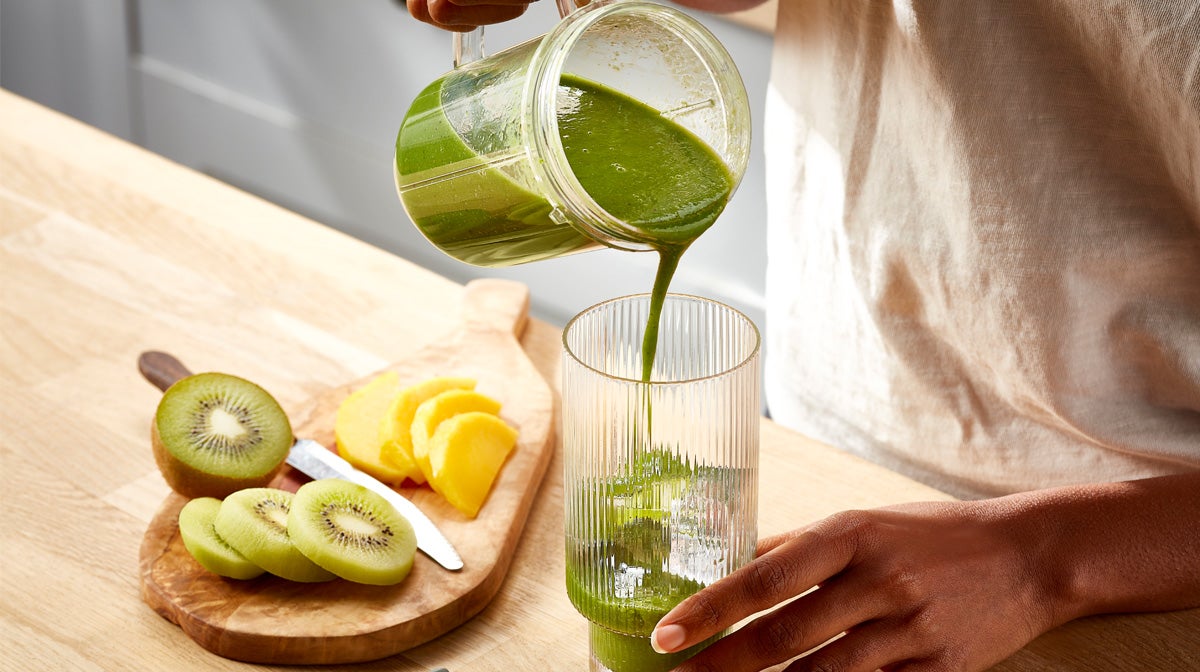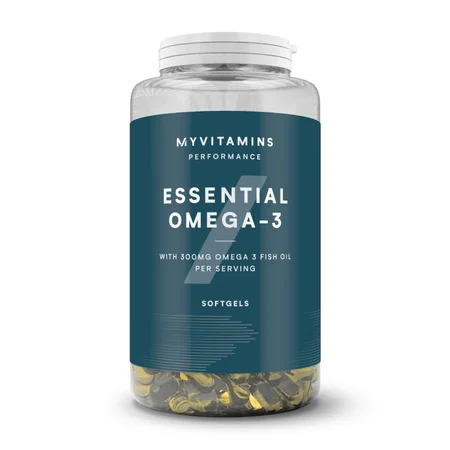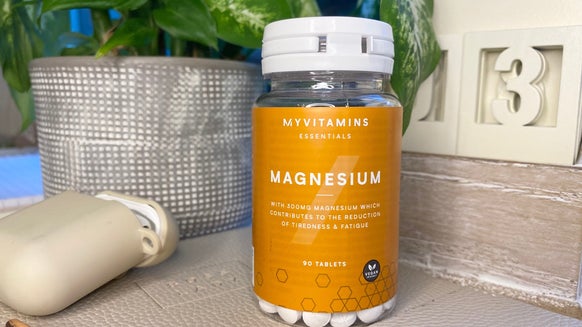Signs Your Gut Microbiome Needs Help

Your gut is home to trillions of microorganisms — tiny but mighty players that influence your digestion, immune system and overall health. They can generally be divided into two camps: the good guys and the troublemakers.
The good guys help your body thrive. On the other side, the bad guys — often referred to as pathogens — can cause harm.
When this ecosystem is thriving, it supports your wellbeing and strengthens your body's defences. But when the balance is off, it can lead to a variety of health issues. Here’s are some telltale signs to look out for.
- Signs your gut microbiome might need support
- How to support and improve your gut health
- Supplements to support gut health
- Other gut-supporting supplements
- Lifestyle tips for a healthier gut
Signs your gut microbiome might need support
Digestive issues
Symptoms of an upset stomach — like bloating, gas, constipation and diarrhoea — may be signs of an imbalance in the gut microbiome. Research has shown that conditions like irritable bowel syndrome (IBS) may be linked to shifts in gut bacteria.1
For instance, a study found reduced levels of beneficial bacteria bifidobacteria and lactobacilli and increased levels of harmful bacteria enterobacter in people with digestive disorders compared to healthy controls.1
Fatigue
Did you know that your gut health may impact energy levels? One study found that the severity of symptoms in people with chronic fatigue syndrome was associated with lower levels of gut microbes that can produce butyrate, a molecule important for gut heath.2

Frequent illness
Emerging research suggests that gut health is closely linked to the strength of the immune system. A study of people recovering from chemotherapy and stem-cell treatments found that certain gut microbes were associated with higher neutrophil levels — a type of white blood cell crucial for immune defence.
But at the same time, some microbes were linked to lower neutrophil counts, potentially indicating a weakened immune response.3
This highlights the complex relationship between the gut microbiome and immune function, underscoring the importance of maintaining a healthy gut to support overall immune health.
Skin problems
Although the “how” is not yet known, research suggests a link between gut health and skin conditions through the gut-skin axis. Some common skin conditions have been shown to be linked to dysbiosis or an imbalance in the gut.4
Food intolerances
Food intolerances may be a sign of an imbalance in the gut microbiome. Certain microbes can influence the development of food sensitivities and allergies.
For example, higher levels of ruminococcus gnavus and faecalibacterium prausnitzii have been found in the gut microbiomes of children with allergies.5 this suggests that an overgrowth of certain microbes may contribute to immune responses that trigger food intolerances or allergic reactions.
Mood swings
Research increasingly shows that gut health influences mood and mental wellbeing through the gut-brain axis — the communication pathway between the gut and brain.
One study found that individuals with generalised anxiety disorder (GAD) had lower diversity in their gut microbiome and fewer bacteria that produce short-chain fatty acids (scfas) — signalling molecules that play a crucial role in regulating the central nervous system, the processing centre that controls our thoughts and emotions.6,7
A word of caution
While the connection between gut health and overall wellbeing is promising, much research on the microbiome is still observational8 more studies are needed to fully understand it and the mechanisms at play.
It’s also important to remember that these symptoms mentioned could be linked to other underlying causes. If you’re experiencing any symptoms, always consult a qualified healthcare professional for proper advice and support.

How to support and improve your gut health
The good news? Restoring balance in your gut doesn’t have to be complicated. Nutrition, lifestyle changes, and supplements can all play a role in nourishing and rebalancing your gut microbiome.
Supplements to support gut health
Gut Gummies
Gut Gummies combine probiotics and vitamins to promote a healthier gut.
How they may help:
These gummies contain Bacillus coagulans, a strain of probiotic that aids digestion by producing digestive enzymes and enhancing nutrient absorption.9 They also include vitamin C, which has been shown to influence gut microbial populations and boost immune health.10
Tip:
Pair these gummies with a fibre-rich diet to nourish your gut microbes and maximise their benefits.
Apple Cider Vinegar (ACV) Gummies
ACV gummies offer a convenient and tasty way to enjoy the benefits of apple cider vinegar.
How they may help:
Rich in polyphenols, apple cider vinegar may stimulate the growth of beneficial gut bacteria. Although not a true probiotic, its fermentation process provides some probiotic-like benefits.11
Tip:
Start with a low dose and gradually increase it to avoid potential stomach sensitivity.
Turmeric & Ginger Gummies
These gummies combine two potent anti-inflammatory ingredients.
How they help:
Turmeric’s active compound, curcumin, supports the growth of beneficial bacteria.12 Ginger may act as a prebiotic, a type of non-digestible fibre that nourishes beneficial bacteria.13
Other gut-supporting supplements
Probiotics: Capsules or powders containing beneficial microbes can help repopulate and diversify your gut.
Prebiotics or fibre supplements: these nourish good bacteria, promoting diversity and supporting a balanced gut environment.
Omega-3 Fatty Acids: Research suggests that omega-3 may help decrease the growth of “bad” and increase the growth of “good” bacteria.14
Don’t forget to consult a healthcare professional before taking any new supplements to ensure they’re appropriate for your needs.
Lifestyle tips for a healthier gut
- Eat more fermented foods: natural sources of probiotics — such as yoghurt, kefir, sauerkraut and kimchi — can help diversify your gut microbiome.
- Increase fibre intake: whole grains, fruit and vegetables are rich in prebiotics that help nourish good bacteria.
- Reduce processed foods and sugar: these can feed harmful bacteria, disrupting your gut balance.
- Stay hydrated: proper hydration supports digestion and your body’s ability to absorb nutrients.
- Manage stress: practices like mindfulness, yoga or deep breathing can mitigate stress, which has a negative effect on gut health.
Take home message
Supporting your gut microbiome is a powerful step toward better overall health. The best part? There are simple changes you can make to your diet and lifestyle to help your microbiome thrive. By making better choices, you can nurture a healthier gut — and a healthier you!
FIND MORE HERE:















